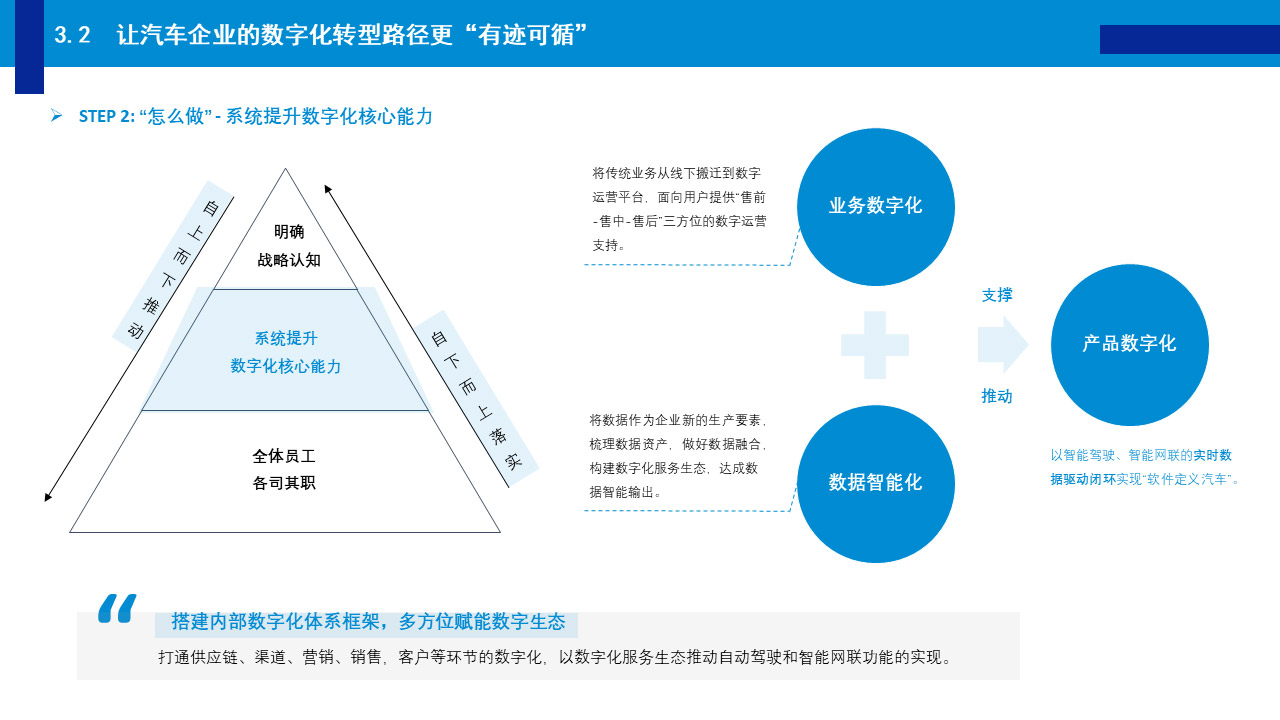

The automotive industry is undergoing a sweeping transformation driven by new energy and intelligent connectivity. The concept of "software-defined cars" is gaining momentum, progressively propelling the industry"s digital transformation:
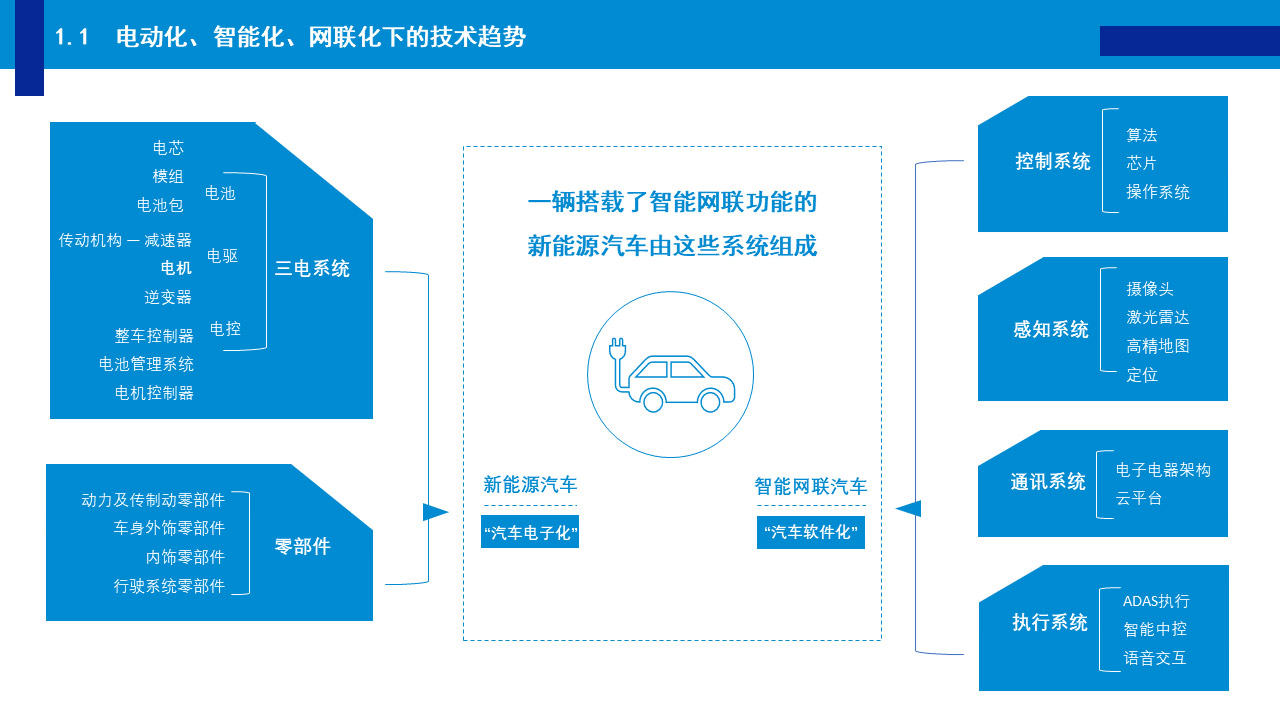
The industry is shifting from "software-assisted hardware" to "software-dominant hardware," with the development of intelligent connectivity functions and post-market upgrade services (such as OTA) demanding higher levels of systematic digital capability from automotive companies.
Simultaneously, the changing landscape of new entrants and automotive software companies is further reshaping the core entities and business relations within the automotive supply chain:
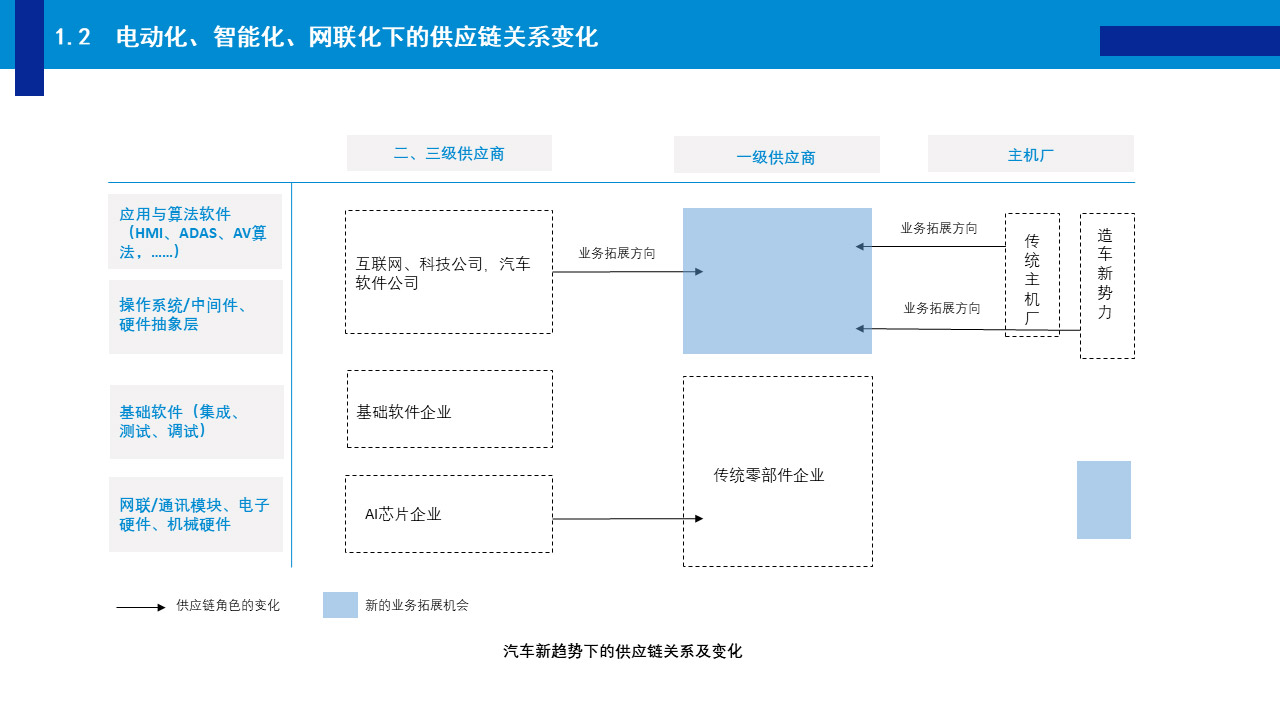
▶ Main automakers are emphasizing developing core capabilities with competitive advantages through full-stack technology deployment.
▶ Component companies are undergoing self-driven transformation, venturing into the realms of electronic hardware and software due to dual pressures.
▶ Leveraging synergies between hardware and software, internet and automotive software companies are collaborating with main automakers to explore new business models, gradually ascending to Tier 1 or even Tier 0.5 positions in the industry chain.
• What is the current state of digital transformation in the automotive industry?
• What challenges are automakers encountering during their digital transformation journeys?
• What directions, steps, and case studies have emerged in automaker digital transformation practices?
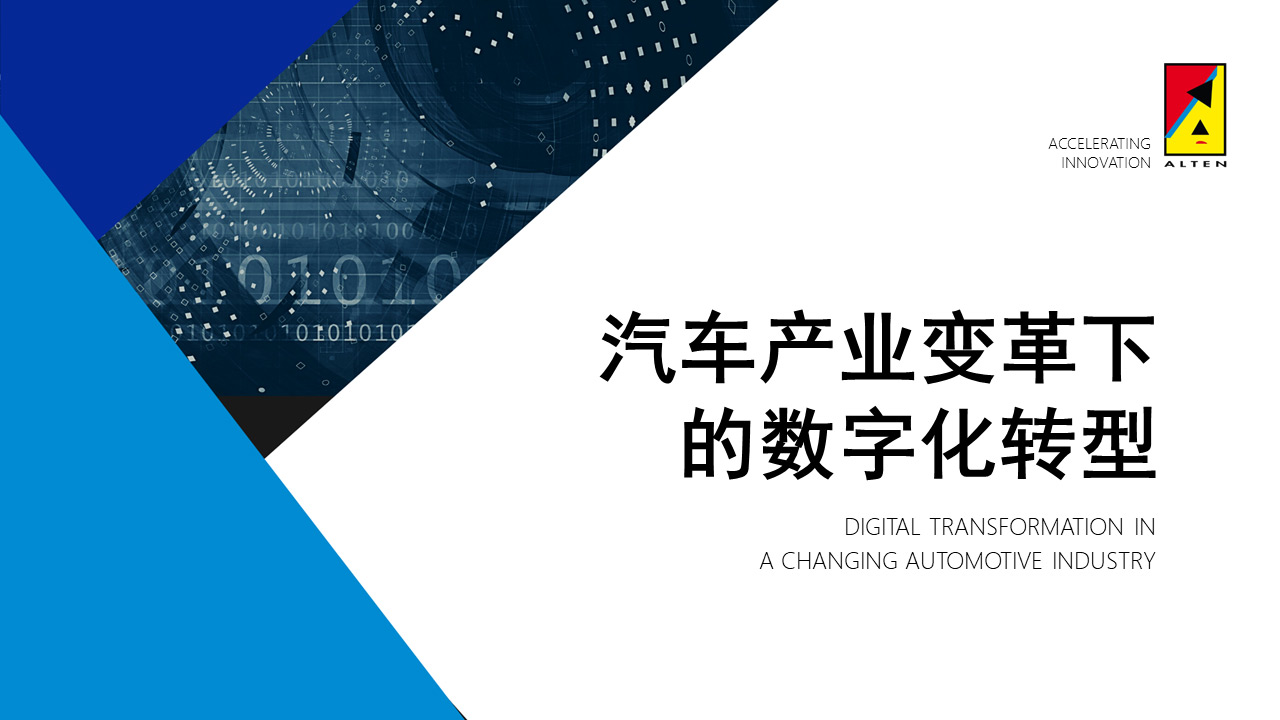
ALTEN China has unveiled the "Digital Transformation in the Automotive Industry Amidst Transformation" whitepaper, delving into the digital transformation progress and innovation across product development, manufacturing, and operational management in the automotive industry. The paper explores the trends of electrification, intelligence, and connectivity, offering insights into the challenges and achievements of digital transformation through studying leading automotive companies, aiming to assist automotive enterprises in navigating their digital transformation paths.
Key Insights
We believe that "data-driven" strategies are pivotal to the automotive industry"s digital transformation. Digitization empowers every aspect of the value chain, significantly enhancing and extending the value proposition from R&D to service stages.
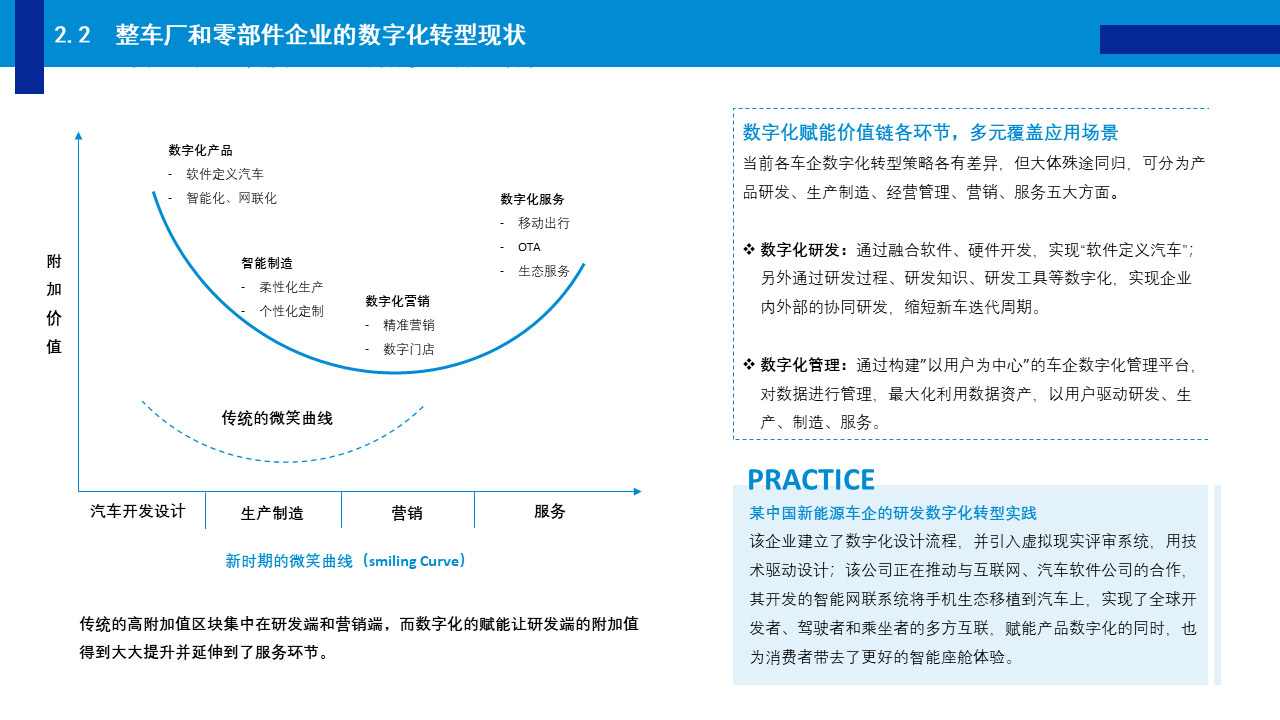
The ultimate form of digital transformation in the automotive industry lies in creating a comprehensive user experience service system, enabling full-lifecycle digital management for users.
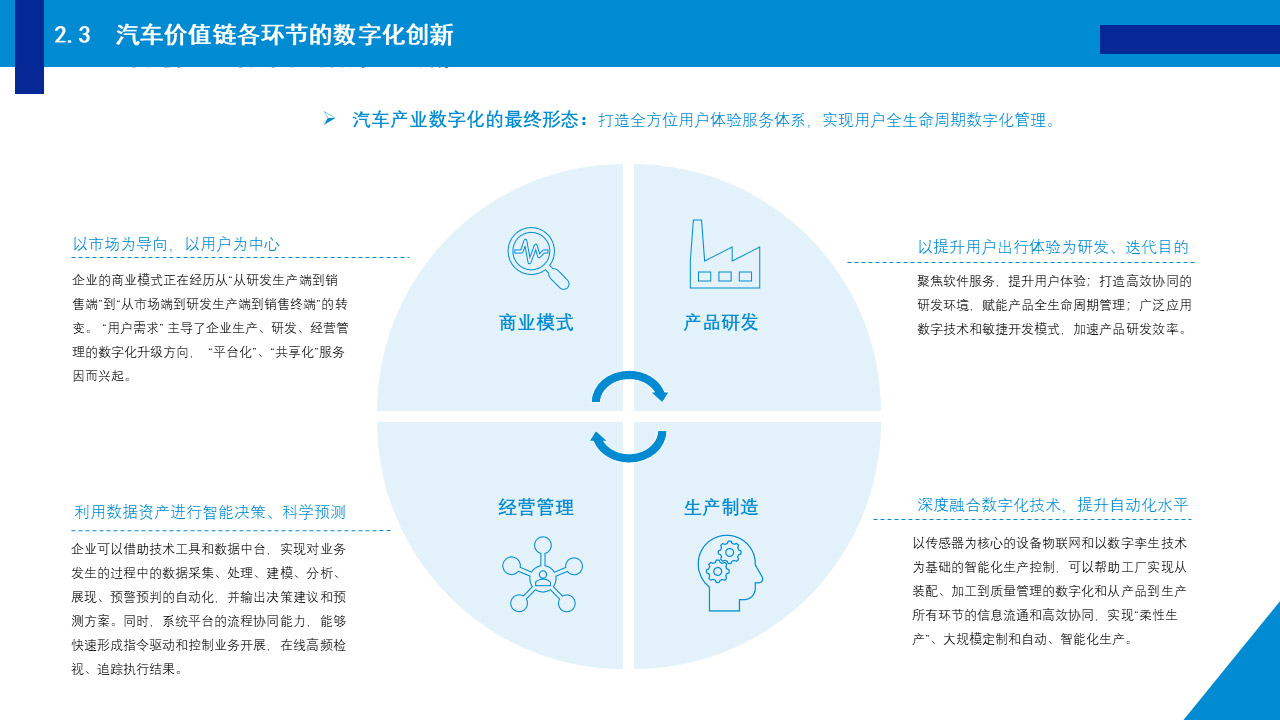
We identify "technology" and "organization" as the twin focal points of automaker digital transformation:
▶ Technologically, strategies such as transitioning from distributed E/E architecture to domain-centralized E/E architecture, employing middleware and virtualization technology for hardware-software decoupling, adopting digital twin and simulation technology to shorten development cycles, and leveraging agile development modes to achieve collaborative efficiency are critical in aligning architecture with the needs of "software-defined cars."
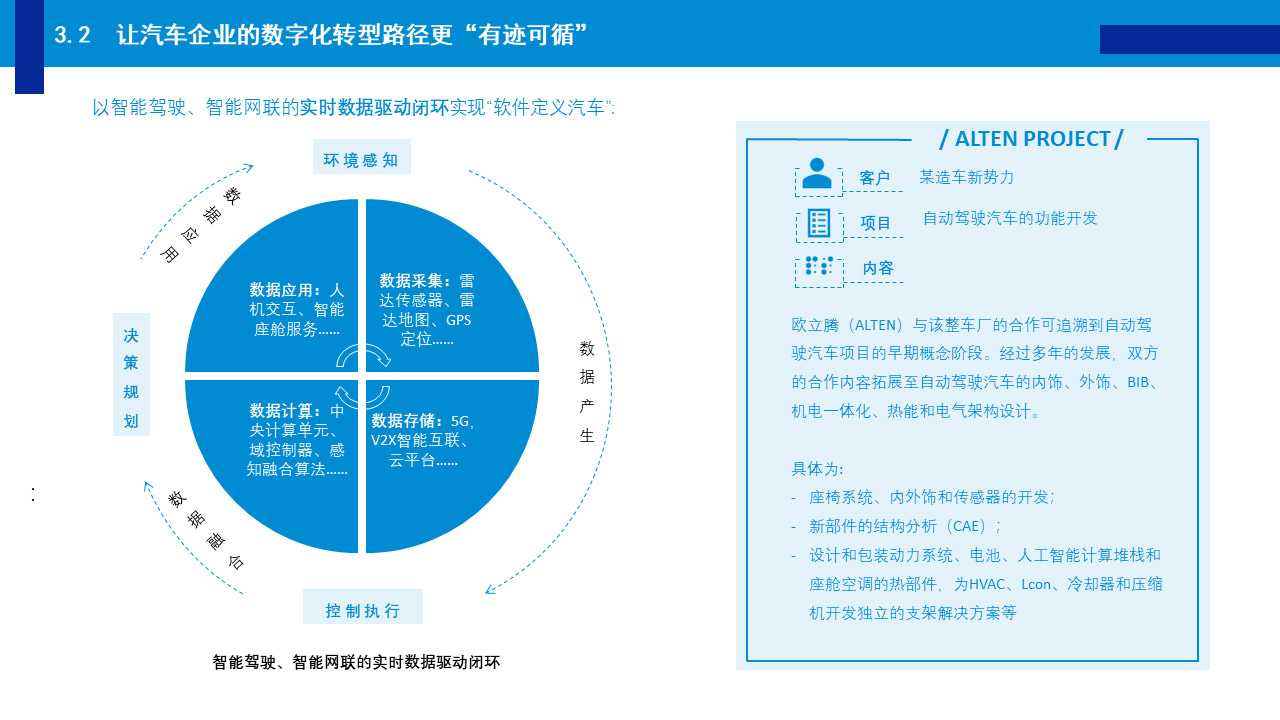
▶ Organizationally, within the dimensions of "WHAT," "HOW," and "WHO," the automaker"s digital transformation path becomes more discernible:
WHAT —— Defining: Identifying competitive advantages, clarifying strategic cognition, and defining the path forward.
HOW —— Implementing: Establishing an internal digital framework, systematically enhancing core digital capabilities.
WHO —— Executing: Fostering a unified understanding among all employees, facilitating top-down cohesive dialogues.
